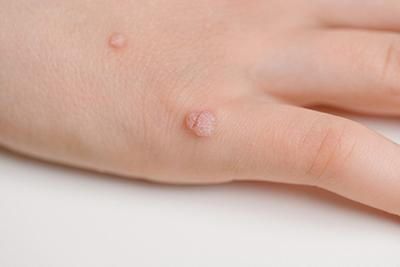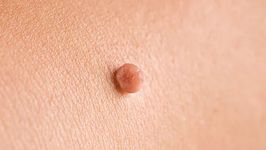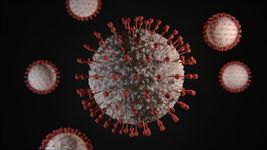Why Do Warts Keep Coming Back?
For many people, warts can feel like an endless cycle: you treat them, they go away for a while, and then—frustratingly—they return. Whether it’s a common wart on the hand, a plantar wart on the foot, or more sensitive areas like genital or anal warts, recurrence is a common concern. But why do warts keep coming back, and what can you do about it?
Warts Are Caused by a Virus
Warts aren’t just harmless bumps on the skin—they are actually caused by the human papillomavirus (HPV). There are over 100 different strains of HPV, and some are more likely to cause stubborn, recurring warts. Once HPV enters through tiny cuts or breaks in the skin, it can trigger an overgrowth of cells, leading to a wart.
The Virus Can Linger in the Body
Even after a wart is removed, the virus that caused it may remain in the surrounding tissue. This means a new wart can form in the same area or nearby. For people with a weakened immune system, the body may have a harder time fighting off the virus, making recurrences more likely.
Warts Are Contagious
Warts can spread through direct skin-to-skin contact or indirectly from surfaces like towels, razors, or shoes. If you’ve ever noticed new warts appear after shaving or scratching, it’s because the virus spreads to new areas of broken skin. Preventing reinfection is as important as treating the visible wart.
Treatment Alone May Not Stop Recurrence
There are several ways to remove warts, such as cryotherapy (freezing), laser treatment, or topical solutions. While these treatments get rid of the visible wart, they don’t always eliminate the virus completely. That’s why follow-up appointments and ongoing care are key to reducing the chance of recurrence.
Boosting Immunity Matters
Your body’s immune system plays a big role in controlling HPV. Stress, fatigue, illness, or other factors that weaken immunity can make it easier for warts to return. Supporting your immune health—through proper rest, nutrition, and hydration—can complement medical treatments.
Can Warts Be Prevented?
While no method is 100% effective, certain steps can significantly reduce recurrence:
-
Avoid touching or picking at warts.
-
Keep hands and feet clean and dry.
-
Use separate towels and grooming tools if you have warts.
-
Wear flip-flops in public showers or pools.
-
Consider the Gardasil vaccine, which protects against several strains of HPV, including those linked to genital warts.
How Our Clinic Can Help
At NewM Clinic, we specialize in safe and effective wart removal treatments, including advanced options for common, plantar, genital, and anal warts. To help prevent recurrence, we also offer the Gardasil vaccine, which protects against the most common HPV strains. Our experienced team provides discreet, professional care with both in-clinic and mobile services available.
If you’re dealing with recurring warts or want to protect yourself with HPV vaccination, contact us today to book a consultation.




